News
-
 Earth
EarthIs a long-dormant Russian volcano waking up? It’s complicated
Scientists debate how to interpret seismic activity near Bolshaya Udina on the remote Kamchatka Peninsula.
-
 Ecosystems
EcosystemsMany of the world’s rivers are flush with dangerous levels of antibiotics
Antibiotic pollution can fuel drug resistance in microbes. A global survey of rivers finds unsafe levels of antibiotics in 16 percent of sites.
-
 Astronomy
AstronomyMassive superflares have been seen erupting from stars like the sun
Older stars, like the sun, can still send out massive bursts of energy that can be seen from light-years away.
-
 Climate
ClimateThe National Weather Service has launched its new U.S. forecasting model
The United States has finally unveiled its new, highly touted weather prediction model, but some scientists worry that it’s not ready for prime time.
-
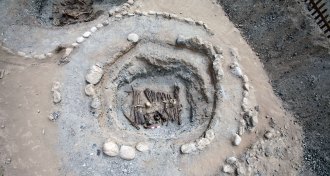 Archaeology
ArchaeologyPeople may have smoked marijuana in rituals 2,500 years ago in western China
Cannabis may have been altering minds at an ancient high-altitude cemetery, researchers say
By Bruce Bower -
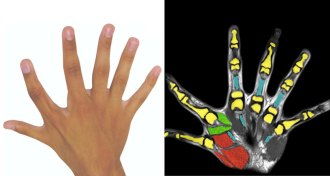 Health & Medicine
Health & MedicineExtra fingers, often seen as useless, can offer major dexterity advantages
Two people born with six fingers on each hand can control the extra digit, using it to do tasks better than five-fingered hands, a study finds.
-
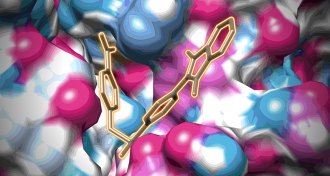 Health & Medicine
Health & MedicineA tiny crater on viruses behind the common cold may be their Achilles’ heel
Researchers have discovered a potential new drug target in a family of viruses responsible for the common cold and more serious infections.
-
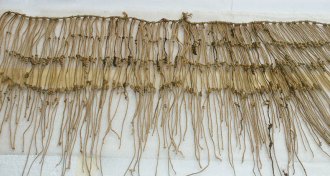 Archaeology
ArchaeologyThese knotted cords may hide the first evidence that the Incas collected taxes
Some knotted string devices point to crop levies imposed by the Incan empire, researchers say. But other khipus continue to evade description.
By Bruce Bower -
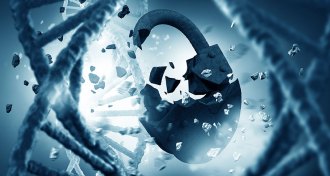 Genetics
GeneticsGenealogy companies could struggle to keep clients’ data from police
Police probably won’t stop searching DNA family trees to find crime suspects. New restrictions on database searches could spur more fights over privacy.
-
 Life
LifeSome fungi trade phosphorus with plants like savvy stockbrokers
New views show how fungi shift their stores of phosphorus toward more favorable markets where the nutrient is scarce.
By Susan Milius -
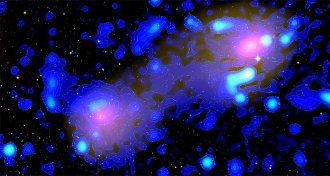 Astronomy
AstronomyIn a first, magnetic fields have been spotted between two galaxy clusters
The discovery of magnetic fields in the gaseous filament between two galaxy clusters suggests that some large cosmic structures are magnetized.
-
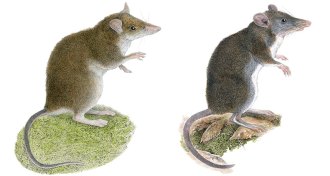 Animals
AnimalsWorms lure two new species of hopping rats out of obscurity
In the Philippines, scientists have identified two new species of shrew-rat, an animal whose limited habitat plays host to remarkable biodiversity.